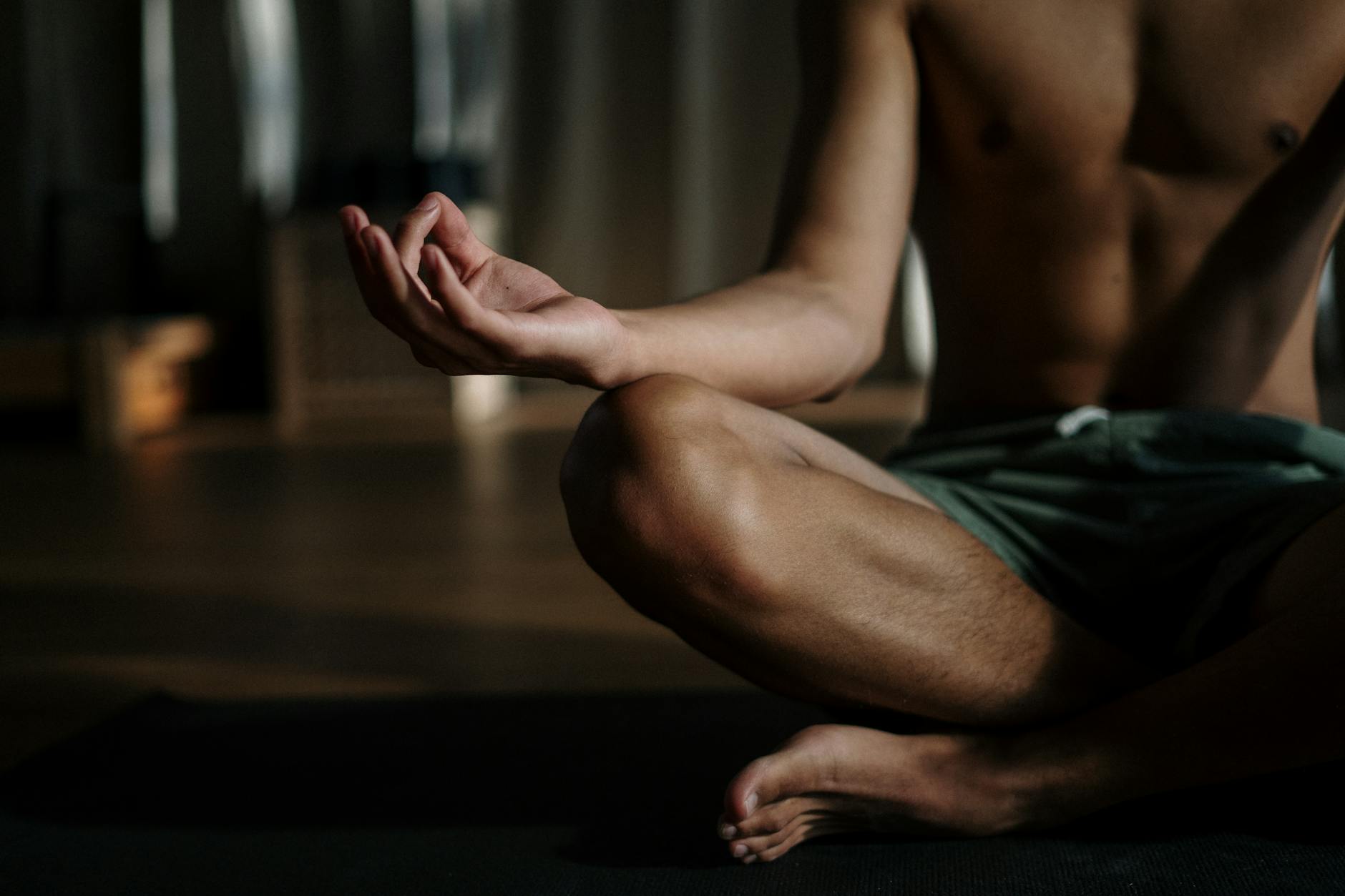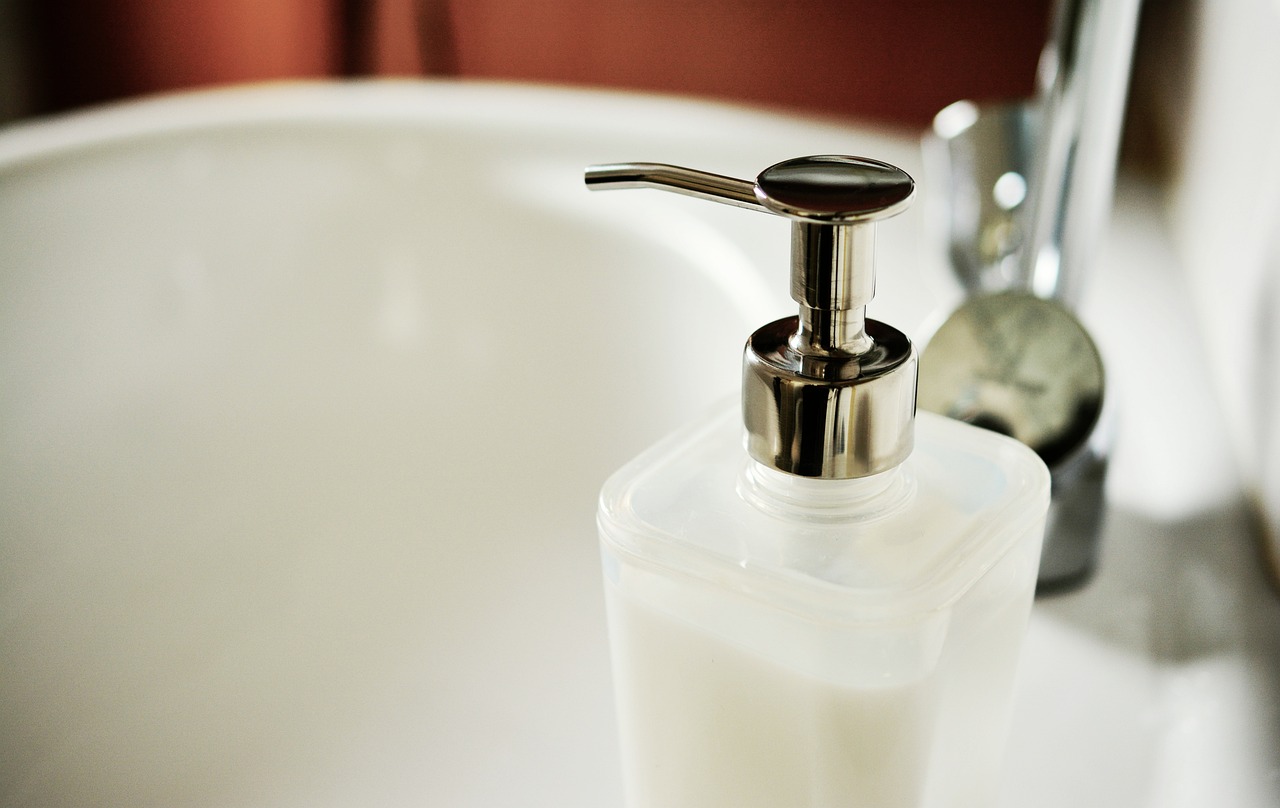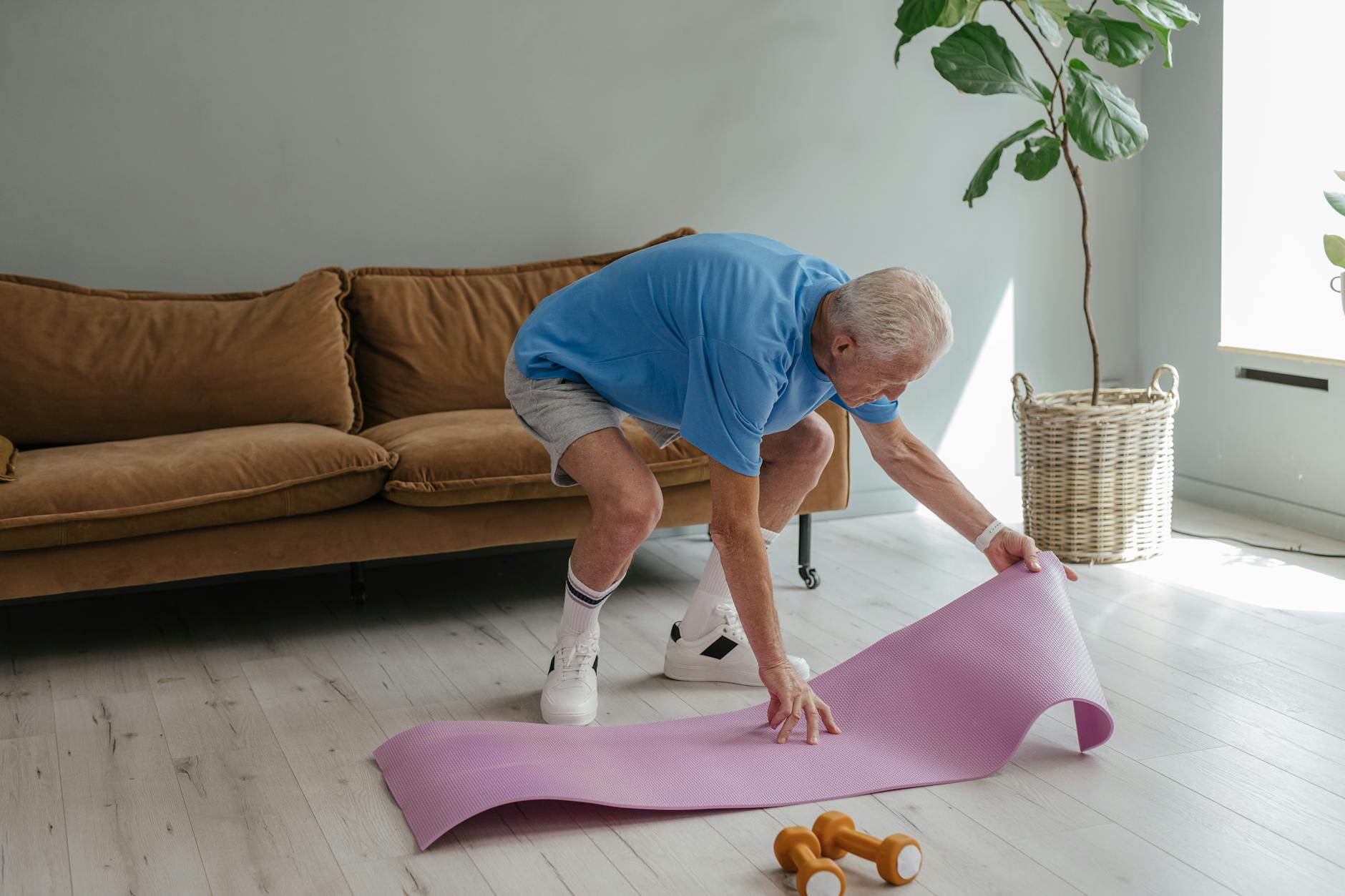Morning Routines of Healthy People:
Ever noticed how some people seem to effortlessly maintain their health, productivity, and positive outlook? The secret often lies in what they do during the first hour after waking up. Your morning routine isn’t about when you wake up—it’s about how you use those precious first moments to set the tone for your entire day. In a world where health challenges from chronic conditions to everyday stress affect millions, establishing intentional morning habits has become more crucial than ever.
What if you could transform your health and wellbeing by dedicating just 2-10 minutes to specific morning activities? The good news is you can! Whether you’re managing a specific health condition like diabetes or simply seeking to enhance your overall wellness, the right morning routine can be life-changing. From quick physical activities that energize your body to mental practices that center your mind, the habits you cultivate each morning create ripple effects throughout your day and life.
Join us as we explore the morning routines of genuinely healthy people across seven key dimensions: foundational habits, physical wellness activities, mental and emotional practices, organization techniques, personal growth opportunities, relationship nurturing, and adaptations for specific health needs. By the end, you’ll have a practical toolkit to craft a morning routine that works specifically for you—no matter your schedule, health status, or personal goals. 💫
The Foundation of Healthy Morning Routines

A. Quick and effective morning habits that only take 2-10 minutes
The secret sauce to healthy mornings isn’t about massive lifestyle overhauls. It’s those tiny habits that barely dent your schedule but completely transform your day.
Start with a 60-second gratitude practice. Before grabbing your phone, simply name three things you’re thankful for. Sounds ridiculously simple, but this micro-habit activates your brain’s happiness centers before anything else gets a chance to.
A 5-minute stretching routine beats coffee for waking your body up. Your muscles have been still for hours – they’re literally begging for movement. Just reach, bend, and twist in ways that feel good. No fancy yoga knowledge required.
Hydration is non-negotiable. Keep a water bottle by your bed and drink it before your feet hit the floor. Takes 30 seconds but kickstarts your metabolism like nothing else.
Try the 2-minute journal sprint. One page, quick thoughts, done. It’s not about writing profoundly – it’s about clearing mental space.
The 3-minute power playlist never fails. Create a short collection of songs that make you feel like you could conquer mountains, and blast it while getting ready.
B. Focus on how you use your morning time, not when you wake up
The 5 AM club isn’t taking applications from everyone. Some people genuinely function better starting their day later, and that’s completely fine.
The quality of your morning matters infinitely more than the specific hour you roll out of bed. A rushed, chaotic 5 AM start serves nobody. A intentional 8 AM routine can set you up for spectacular success.
What truly counts is creating a buffer zone between sleep and diving into work or responsibilities. That buffer – whether it’s 20 minutes or two hours – is your sacred space for setting intentions and preparing your mind and body.
Night owls often beat themselves up for not being early birds. Stop that nonsense immediately. Your chronotype (your natural sleep tendency) is largely genetic. Fighting against your biology creates unnecessary stress.
Here’s what matters: protecting the first portion of your waking hours from external demands. No emails, no social media doom-scrolling, no reactive mode. Just you, consciously designing how your day begins.
C. Gradual implementation: starting with 1-3 habits and building up
Trying to overhaul your entire morning at once is the fastest route to failure. Your willpower tank isn’t designed for complete lifestyle renovations.
Instead, pick just one habit. Make it ridiculously easy – so easy you’d feel silly not doing it. Maybe it’s placing a glass of water by your bed, or setting your workout clothes out the night before. Do this one thing consistently for two weeks before adding anything else.
The compound effect of small morning habits is absolutely wild. Each tiny victory creates momentum for the next one. After a month, you’ll have seamlessly integrated behaviors that once seemed impossible.
Most people dramatically overestimate what they can accomplish in a day and underestimate what consistent micro-habits can do over months. Your morning routine is the perfect example of this principle in action.
When adding new habits, sandwich them between existing ones. This “habit stacking” technique uses your current behaviors as triggers for new ones, dramatically increasing your success rate.
Remember, this isn’t a race. The people with the most sustainable morning routines built them gradually over time, not overnight.
Physical Wellness Activities to Jumpstart Your Day

Brief exercise sessions to energize your body
You don’t need a 90-minute gym session to kickstart your metabolism. Just 10-15 minutes of movement can fire up your system and set a positive tone for the day.
Try this quick morning sequence:
- 20 jumping jacks
- 10 push-ups (modified if needed)
- 15 squats
- 30-second plank
- Repeat once
Or grab your yoga mat for a few sun salutations. The goal isn’t to break records—it’s to break a light sweat and wake up your muscles.
I’ve found that morning movement works better than coffee for sustained energy. Your body literally creates its own natural stimulant through exercise. Pretty neat trick, right?
Hydration strategies for optimal health
The 8-hour sleep drought needs immediate attention. Your first drink should be water, not coffee.
Try these hydration hacks that actually work:
- Keep a full water bottle by your bed before sleeping
- Add fresh lemon or cucumber for flavor without sugar
- Drink a full 16oz before breakfast
- Use a marked water bottle with time indicators
Your brain is about 75% water, and even mild dehydration tanks your cognitive function. That mid-morning brain fog? Often just dehydration in disguise.
Taking vitamins and supplements efficiently
Timing matters more than you think with supplements. Some nutrients compete for absorption while others work synergistically.
Quick guide to supplement timing:
- Fat-soluble vitamins (A, D, E, K): Take with breakfast that contains healthy fats
- B vitamins: Morning with food (they provide energy)
- Magnesium: Evening (supports sleep quality)
- Probiotics: 30 minutes before breakfast or dinner
Don’t just randomly pop pills. Create a system—use a weekly pill organizer or set alarms on your phone. The best supplement routine is the one you’ll actually follow consistently.
Meal preparation techniques for healthier eating
Morning chaos is the enemy of healthy eating. The solution? Prep work that takes the thinking out of the equation.
Game-changing prep strategies:
- Overnight oats in mason jars (5 at once for the workweek)
- Pre-portioned smoothie ingredients in freezer bags
- Hard-boiled eggs (cook a dozen on Sunday)
- Cut fruit and vegetables stored in water-filled containers
The 10 minutes you invest in evening prep saves you from the drive-thru breakfast that derails your health goals. When you control breakfast, you set the nutritional tone for your entire day.
Mental and Emotional Wellness Practices

Gratitude Journaling for Positive Mindset
The most successful people don’t just stumble out of bed and hope for the best. They actively create a positive headspace from the moment they wake up.
Grab a notebook and spend five minutes writing down three things you’re grateful for each morning. That’s it. Simple, right? But this tiny habit packs a serious punch. When you focus on what’s good in your life before checking emails or social media, you’re literally rewiring your brain to spot opportunities rather than problems.
Many healthy people swear by this practice because it shifts your entire outlook. Instead of thinking “I have to go to work,” you start thinking “I get to work at a job that pays my bills.” Big difference.
Try this: Keep your gratitude journal by your bed so it’s the first thing you see. Write in it before your feet even hit the floor. Be specific—don’t just write “my family” every day. Instead, note “the way my partner made me coffee this morning” or “my daughter’s laugh during our bedtime story.”
Mindfulness and Meditation Techniques
You’ve probably heard successful people rave about meditation, and there’s a reason they won’t shut up about it.
Even five minutes of morning meditation can dramatically lower your stress hormones and improve your focus for hours afterward. The trick is making it doable.
Can’t sit still for 20 minutes chanting “om”? No problem. Start with a simple breathing exercise: inhale for four counts, hold for two, exhale for six. Repeat for just three minutes while sitting on your bed.
Or try the “five senses” technique: Notice five things you can see, four things you can touch, three things you can hear, two things you can smell, and one thing you can taste. Boom—you just practiced mindfulness.
Healthy people integrate these practices because they understand something crucial—a calm mind leads to better decisions all day long.
Affirmations and Visualization for Goal Alignment
The healthiest folks don’t just hope they’ll reach their goals—they mentally rehearse their success every morning.
Standing in front of your mirror and telling yourself “I am confident and capable” might feel weird at first. Do it anyway. Your brain doesn’t know the difference between what’s real and what’s vividly imagined. When you consistently feed it positive messages, it starts to believe them.
Visualization works the same way. Spend two minutes each morning imagining yourself crushing your most important goal for the day. See yourself handling challenges with ease, feeling energized, and achieving exactly what you set out to do.
Pro tip: Make your affirmations present-tense and positive. “I am becoming stronger every day” works better than “I will not be weak anymore.” Your brain skips over negatives like “not” and just hears “weak.”
Stress Management Strategies for a Balanced Day
Morning stress sets the tone for your entire day. Healthy people know this, so they build in buffers.
Wake up 15 minutes earlier than you absolutely need to. Those extra minutes aren’t for cramming in more work—they’re for avoiding the frantic rush that spikes your cortisol before you’ve even had breakfast.
Create a “worry dump” ritual. Take two minutes to jot down everything that’s stressing you out. Getting these thoughts out of your head and onto paper creates mental space and prevents that low-grade anxiety from following you all day.
Plan for obstacles. Ask yourself: “What might get in the way of a great day?” Then decide how you’ll handle those challenges before they happen.
Many health-conscious individuals also use quick tension-release techniques like shoulder rolls, jaw relaxation, or the “tense and release” method—tightening all muscles for five seconds, then letting go completely.
Organization and Productivity Enhancers

Quick decluttering and tidying habits
Ever notice how a messy space makes your brain feel just as cluttered? That’s not a coincidence. Healthy people know that a 5-minute decluttering session each morning works wonders for mental clarity.
Try these quick morning tidying hacks:
- Clear your nightstand before leaving the bedroom
- Wipe down bathroom counters after getting ready
- Empty the kitchen sink before heading out
- Use the “one-touch rule” (handle each item only once)
The beauty of morning decluttering is that it prevents mess from snowballing throughout the day. Small messes are infinitely more manageable than the overwhelming disaster that awaits when you’ve let things slide for days.
Making your bed and its psychological benefits
Making your bed takes what—30 seconds? But those 30 seconds set a powerful tone for your entire day.
When you make your bed first thing in the morning, you’ve already accomplished something. You’ve created order from chaos. That small win triggers your brain’s reward system and builds momentum for tackling bigger challenges.
Navy SEAL Admiral William McRaven put it perfectly: “If you make your bed every morning, you will have accomplished the first task of the day. It will give you a small sense of pride, and it will encourage you to do another task and another and another.”
Plus, there’s nothing quite like crawling into a neatly made bed at night. It’s like your morning self sending a gift to your future self.
Planning and prioritizing daily tasks
The most productive people don’t wake up wondering what they’ll do today. They already know.
Morning planning isn’t about cramming your day with a million tasks. It’s about making intentional choices about where your energy goes.
Try this three-step approach:
- Identify your 1-3 “must-do” priorities
- Schedule when you’ll tackle them
- Decide what you’ll say no to
Having a physical planner or digital tool isn’t what matters. What counts is the mental clarity that comes from knowing exactly what deserves your attention and what doesn’t.
Remember: priorities are like pancakes—the first ones usually turn out the best. Do your most important work early.
Managing communications and information flow
Information overload is real, and it starts the moment you check your phone in the morning.
Healthy people create boundaries around how and when they consume information. They don’t dive into emails or social media first thing—that’s letting everyone else’s priorities hijack your day.
Instead, try:
- Setting specific times to check email (not first thing!)
- Using “do not disturb” settings during focused work
- Batching similar communications together
- Creating templates for common responses
The goal isn’t becoming unreachable. It’s being intentional about how you direct your attention. Your morning attention is premium real estate—don’t give it away to the highest bidder.
Personal Growth and Learning Opportunities

Reading articles or educational content
The absolute game-changer in my morning? Taking 15-20 minutes to feed my brain before feeding my body.
I used to scroll through social media first thing. Now? I dive into articles from platforms like Medium, Harvard Business Review, or industry newsletters that actually matter to my life and career.
Here’s what happens when you read something meaningful in the morning: your brain activates before the day’s chaos hits. You’re essentially priming your mind with useful information rather than random noise.
Some healthy people keep a dedicated reading app on their home screen instead of social media. Others download articles the night before so they’re ready without the internet’s temptations.
The trick isn’t reading War and Peace before breakfast. It’s about consistency with short, valuable content that sparks new ideas.
Listening to informative podcasts
Podcast listening has revolutionized the morning routines of healthy individuals who maximize their commute or getting-ready time.
Most successful people have a curated playlist of podcasts that align with their goals – whether that’s business, science, psychology, or wellness topics.
The beauty of morning podcast listening? Your brain absorbs information differently when you’re fresh. Those complex ideas from experts actually stick better at 7am than after a draining workday.
Try this: pick 2-3 quality podcasts with episodes under 30 minutes. Listen while making breakfast, during your shower (waterproof speaker for the win), or on your morning walk.
Developing new skills in short morning sessions
The 15-minute skill sprint is a secret weapon of mentally healthy people.
Instead of trying to learn everything at once, they dedicate tiny consistent chunks of morning time to building skills. Language apps like Duolingo, coding exercises, or even practicing an instrument for just 10-15 minutes.
Morning skill development works because:
- Your willpower tank is fullest
- Fewer distractions compete for attention
- Consistency beats marathon sessions
- Your brain forms stronger neural connections
One executive I know learned Spanish by replacing his morning social media habit with a language app – just 12 minutes daily for a year. The compound effect was remarkable.
Setting intentions for continuous improvement
The healthiest people don’t just drift through life – they intentionally design it each morning.
This doesn’t mean writing a novel-length journal entry. It’s often as simple as asking: “What’s one thing I can learn or improve today?”
Some effective approaches:
- Writing down three skills you want to strengthen this week
- Reviewing yesterday’s lessons before planning today
- Setting a single, specific learning goal each morning
- Blocking calendar time for deliberate practice
The power isn’t in grand declarations but in tiny daily commitments that compound over time.
Relationship Nurturing Habits

Connecting with loved ones through simple actions
Healthy people understand a fundamental truth – relationships fuel wellness just as much as green smoothies do. The morning offers golden opportunities for connection before life gets chaotic.
Try this: leave a sticky note with an encouraging message on your partner’s bathroom mirror. It takes 10 seconds but brightens their entire morning. Or establish a five-minute cuddle ritual before checking phones. Physical touch releases oxytocin, literally creating chemical bonds between you.
Some health-conscious folks schedule brief morning check-ins with elderly parents – a quick “Good morning, just thinking of you” call that anchors both parties in connection before the day unfolds.
Sending thoughtful messages to strengthen bonds
The healthiest people I know aren’t waiting for birthdays to show they care. They’re sending that random “this reminded me of you” text at 7:15 AM when they spot something that triggers a connection.
Morning is perfect for this – your message becomes the first thing someone reads, setting their emotional tone for hours. One client started sending her best friend a single gratitude text each morning. Six months later, both reported lower anxiety levels and feeling more grounded.
Creating moments of connection before the day begins
Shared rituals create relationship glue. Maybe it’s making coffee together in comfortable silence or a 10-minute breakfast without devices. One couple I know walks their dog together every morning – no distractions, just conversation and fresh air.
For families, gathering for even five minutes around the breakfast table creates touchpoints that teenagers secretly crave (though they’d never admit it). Ask one good question: “What’s one thing you’re looking forward to today?”
Building a support community for health challenges
The morning routine warriors know this secret: health journeys need companions.
Join that 6 AM running group. Find an accountability partner for your meditation practice. Create a WhatsApp group where friends check in about their water intake or movement goals.
Smart health-focused people use mornings to nurture their “wellness tribe.” They schedule walking meetings instead of coffee chats. They join virtual morning workouts to feel connected while sweating. They understand that transformation sticks when shared.
The most vibrant people aren’t necessarily morning people – they’re connection people who prioritize relationships before email.
Adapting Routines for Specific Health Conditions

A. Morning habits for managing chronic conditions
Living with a chronic condition doesn’t mean you can’t have an energizing morning routine. In fact, it makes having one even more crucial.
For people with diabetes, checking blood sugar levels first thing can set the tone for balanced eating throughout the day. Following this with a gentle 10-minute stretch rather than intense cardio helps ease your body into motion without stress.
Arthritis sufferers know that mornings can be the stiffest part of the day. Try a warm shower immediately after waking to loosen joints before attempting any movement. Many find that keeping medication on the nightstand with a glass of water allows them to take it before even getting out of bed, giving it time to start working.
Those managing heart conditions might benefit from:
- Morning meditation to lower blood pressure naturally
- Spacing out morning activities to prevent overexertion
- Preparing overnight oats with heart-healthy ingredients
The key isn’t copying someone else’s “perfect” routine—it’s building one that acknowledges your specific needs. As Maria, who lives with lupus, told me: “I stopped feeling guilty about my shorter morning routine. Now I focus on quality self-care moments rather than trying to do everything the health gurus recommend.”
B. Customizing routines for mental health needs
Your morning sets the emotional tone for your entire day. This is doubly important when managing conditions like anxiety, depression, or ADHD.
For anxiety sufferers, jumping straight into email or social media is basically inviting stress to breakfast. Instead, try:
- A 5-minute grounding exercise before touching your phone
- Writing three simple intentions for the day
- Creating physical boundaries between sleep space and work space
Those managing depression often struggle with morning motivation. The game-changer? Breaking things down into micro-steps. Don’t think “I need to get ready for work.” Think “I need to sit up in bed.” Then “I need to place my feet on the floor.” Each tiny win builds momentum.
ADHD brains might benefit from visual cue cards placed strategically around your morning spaces. These visual prompts bypass the need for working memory and create external structure.
The most successful routines incorporate what therapists call “pleasure stacking”—attaching something you genuinely enjoy to necessary tasks. Love podcasts? Only allow yourself to listen while making your healthy breakfast. Suddenly that nutritious meal has built-in motivation.
C. Adjusting practices based on physical limitations
Physical limitations don’t eliminate the possibility of a healthy morning routine—they just require creative adaptation.
Mobility issues? Bring your morning to you. Set up a nightstand caddy with everything needed for initial morning activities: medication, water, simple breakfast items, and hygiene essentials. This minimizes unnecessary movement when your body is stiffest.
For those with limited energy due to conditions like chronic fatigue or fibromyalgia, energy budgeting becomes essential. Morning shower leaving you exhausted? Try evening showers instead, saving precious morning energy for other priorities.
Chair-based stretching routines can replace traditional yoga or floor exercises:
Morning Movement Adaptations
----------------------------
Standard Practice | Adapted Version
-----------------|----------------
Push-ups | Wall push-ups or chair dips
Morning walk | Seated marching or arm circles
Yoga flow | Chair yoga sequence
Remember that consistency trumps intensity. Five minutes of gentle movement daily creates more benefit than an occasional “perfect” workout that leaves you in recovery mode for days.
The real win isn’t keeping up with what healthy influencers do—it’s finding modifications that honor your body’s current capabilities while still moving toward better health.
D. Incorporating condition-specific wellness strategies
Different health conditions require tailored approaches to morning wellness—generic advice rarely cuts it.
For autoimmune conditions, an anti-inflammatory morning meal can make a measurable difference in daily symptoms. Consider keeping a food-symptom journal to identify your personal triggers and allies.
Those managing digestive disorders might benefit from:
- Spacing out morning hydration rather than gulping large amounts
- Room-temperature rather than ice-cold beverages
- Simple, gentle movement before eating anything
Respiratory conditions like asthma or COPD often worsen overnight. Using prescribed inhalers or medications immediately upon waking—before attempting any other activities—can prevent symptom escalation.
Pain conditions require their own unique consideration. As one chronic pain patient shared: “I keep my pain medication and water by my bed and set my alarm 30 minutes before I actually need to get up. I take my meds, then rest until they start working before attempting to move.”
The most successful condition-specific routines aren’t static—they flex with your symptoms. Having a “good day” plan, “flare day” plan, and “in-between day” plan acknowledges the reality of living with variable health conditions.
Don’t waste energy comparing your routine to others. The only meaningful comparison is whether your routine serves your specific health needs better than it did yesterday.

A Morning Revolution for Lasting Wellness
Establishing healthy morning routines isn’t about perfectly executing an extensive list of activities or even about waking up at a specific hour. It’s about intentionally creating space for practices that enhance your physical health, mental wellbeing, productivity, and personal growth. Whether you choose to incorporate a quick 5-minute workout, practice gratitude journaling, organize your space, learn something new, or nurture important relationships, remember that these small 2-10 minute investments can transform your entire day—and ultimately, your life.
Start small by selecting just 1-3 morning habits that resonate most with your personal health goals and gradually build from there. If time constraints are a concern, consider waking up just 15 minutes earlier to accommodate these positive changes. Your morning routine should be as unique as you are, especially if you’re managing specific health conditions like diabetes or chronic kidney disease. The beauty of these practices lies in their flexibility—they can be adapted to suit your individual needs while still providing significant benefits. By taking control of your mornings, you’re taking a powerful step toward a healthier, more balanced, and fulfilling life.

